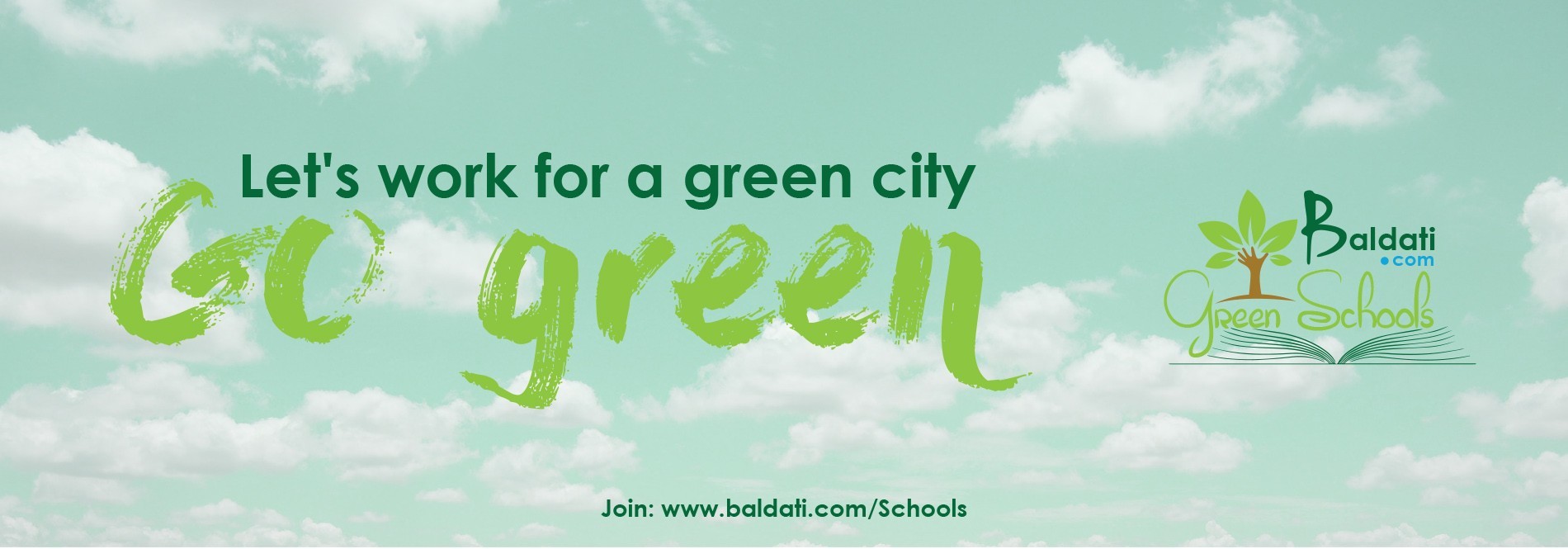
Sun and wind are helping Jordan go Green
Jordan is a country of sun and wind. Yet, until recently, energy sources used were exclusively fossil energies, namely oil and gas. Today, Jordan is seeking to diversify its sources and is exploiting new channels.
Amman, Eurojar
All the way until the political changes on Iraqi regime in 2003, Jordan lived in some sort of energetic comfort. Iraq used to provide Jordan with oil at preferential prices over the 80-90s of last century, while the 60-70s era witnessed support from the gulf in oil support. After the 2003 political changes in the Middle East, oil prices exploded on international markets and Jordan found itself in a difficult situation. The country imports 96% of its energy needs, knowing that Jordanians depend on diesel for water heating and burners.
The Jordanian government sets up a series of initiatives to remedy the problem and make the country less vulnerable. The creation of a centre for research on renewable energies "National Energy Research Centre NERC" is one of the steps undertaken. In fact, the royal scientific society had a department engaged in renewable energies since 1972. A national centre has been established in the year 1996. It worked mainly on energy savings. Today, 97% of consumed energy is still from fossil sources (oil or gas). This costs Jordan 20% of its gross domestic product. Only 2% of the consumed energy is renewable (according to the National Energy Research Centre).
A favorable geography
Jordan benefits from bright sunshine most days of the year. Most of the South of Jordan lies within the Solar belt of the world. It is characterized by a dry climate and two third of its land is desert. Wind blows regularly on high plateaus, thus geography is playing a propitious role in favor of those energies.
The sudden increase in oil prices triggered a real work of research on wind and solar powers. In 2007, the government set an energy Strategy and work plan for 2007-2020; and some ambitious objectives were fixed: heating half of the required hot water on solar energy by the year 2020; increasing energy efficiency and savings by 20% by the year 2020, while 7% of the energy mix should originate from renewable sources by 2015, and should raise to 10% by 2020.
European support
The European Union plays a role in this new plan. In November 2007, the EU and Jordan signed a cooperation Declaration in Energy, that had a clear priority on green sources of energy, and energy efficiency & conservation themes. Jordan and the EU signed a partnership agreement (twinning-project) with NERC. The Greek Centre for Renewable Energy Sources (CRES) shared its experience with the Jordanian Centre. The partnership began in 2008, and during 16 months, several consultants visited Jordan. 800,000 Euros have been spent to support the Centre’s plan to develop solar and wind projects. “We have studied cases in Europe, and consultants came to Jordan to train us. We have developed a large network of contacts with similar centers and the experience was very enriching to us,” says Walid Shahin, Acting President/director of the National Energy Research Centre NERC, who stresses that “thanks to the European support, work in the Centre became more structured.” This partnership worked in different directions: promotion of energy savings, development in renewable energy utilisation, and creation of a renewable energy market.
The NERC likes to put forward the development of 100 solar and wind projects. The director of the Centre admits that these are small projects that benefitted mainly administrative or official buildings and NGOs. “We are trying to develop solar and wind power sources. We have installed for instance water pumps working on wind power. We are working on developing solar water-heating systems. In Jordan, the concept of solar energy is well accepted, yet the cost of its installation constitutes a problem, especially when the installation of a simple water-heating system costs between 500 and 800 Euros,” explains Shahin. As a matter of fact, the development of solar energy in Jordan is still slow; however, it has progressed after gasoline prices soared to unprecedented levels.
The EU intends to have further support to Jordan in Renewable Energy and Energy Efficiency, under the 2007-2010 National Indicative programme, where a special programme to build the capacity in Wind Energy and Concentrated Solar power is expected to start by mid 2010. More support is planned under the 2011-2013 National Indicative Programme.
Jordanian Director of Friends of the Earth, Munketh Mehyar points out that Jordan could impose, as Israel and Palestine did, the installation of solar water-heating systems in new buildings. Yet, Mehyar believes that Jordan has already crossed the threshold in January 2010. The country adopted the law on renewable energies. The production and selling of electricity is open and legal today, and even subject to 20 years of tax exemption. By this time, investors would have had enough time to gradually assimilate the cost of their investment. “It is an excellent project and more and more companies are seeking to go green. I think we are on the right path,” concludes Mehyar.






